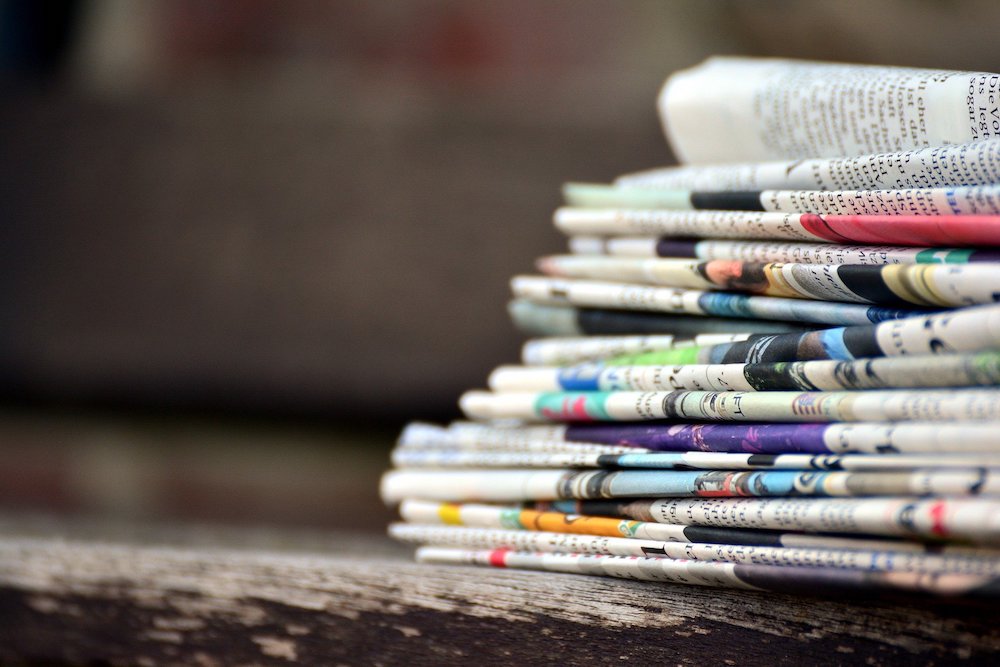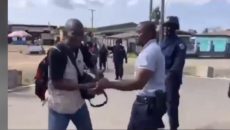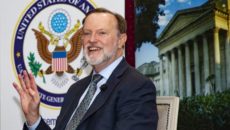MONROVIA, Montserrado – The Press Union of Liberia has rejected a new set of press passes printed by the government for journalists across the country to use to move around freely during the COVID-19 state of emergency.
Members of the media group met on Friday, May 8 and resolved through a unanimous vote to continue using credentials from their institutions or from the Press Union to allow them to carry out their duties across the country.
The Press Union specifically rejected a decision by the deputy information minister for public affairs, Eugene Fahngon, to invalidate a previous agreement the Ministry of Information and the Press Union had arrived upon. The union saw this as an attempt to undermine the role of the media during the COVID-19 pandemic.
The union’s president, Charles Coffey, said the new constraints imposed by the government were contrary to the warning of the United Nations secretary-general in his statement marking this year’s World Press Freedom Day.
“During the printing of the first pass, there was a mutual understanding,” Coffey said. “We were invited by the Ministry of Information, which was not binding. We decided to select our own institution with no prejudice, but during the selection, Min. Fahngon kept cancelling most of the institutions’ names.”
Coffey surmised that the new passes were meant to “humiliate journalists.” As proof, he noted that a Strong FM journalist who had opted for the new pass was attacked by security forces while his pass hung on his neck.
“According to the journalist, the joint security was trying to harass business people in Red Light, so he decided to provide courage and because of that, he was beaten by state securities,” Coffey said.
“They took him to the police station, intimidated him and forced him to make a statement and was preparing to send him to court. We had to intervene before he was released.” The Bush Chicken has not independently verified the accounts of this incident.
Coffey warned that the government would be held responsible for any harm and intimidation suffered by journalists and media workers during this period. He noted that Fahngon’s decision to unilaterally provide accreditation to journalists to operate during the COVID-19 pandemic was a violation of a previous agreement between the union and the government.
Coffey said while the Press Union was open to “constructive engagements,” it encouraged its members to continue to use their institutional ID and credentials provided by the union.
He also addressed a statement by Solicitor General Syrenius Cephus, who threatened to shut down media institutions carrying “fake news” without due process. “This decision will be challenged in the court of competent jurisdiction,” Coffey said.
The Press Union president also noted that the Senate’s Committee on Broadcasting is expected to meet and look into the matter.
Coffey recalled that in March this year, dozens of journalists staged a peaceful protest to petition the government to respond to police brutality. Following the demonstration, Pres. George Weah announced a committee had been set up and headed by Larry Bropleh, a former information minister. However, the committee has not yet produced any findings.
“This government is authorizing unlawful acts against journalists because they are not taking punitive measures against people who are committing these acts against journalists,” Coffey added.
He addressed the media group’s membership: “Let’s do our work. We are not enemies to this government, but we will only resist those things that infringe on the rights of journalists, like unnecessary restrictions that will force the media into self-censorship and deny the public information, as well making the government accountable to its people.”
Featured photo courtesy of congerdesign/pixabay



